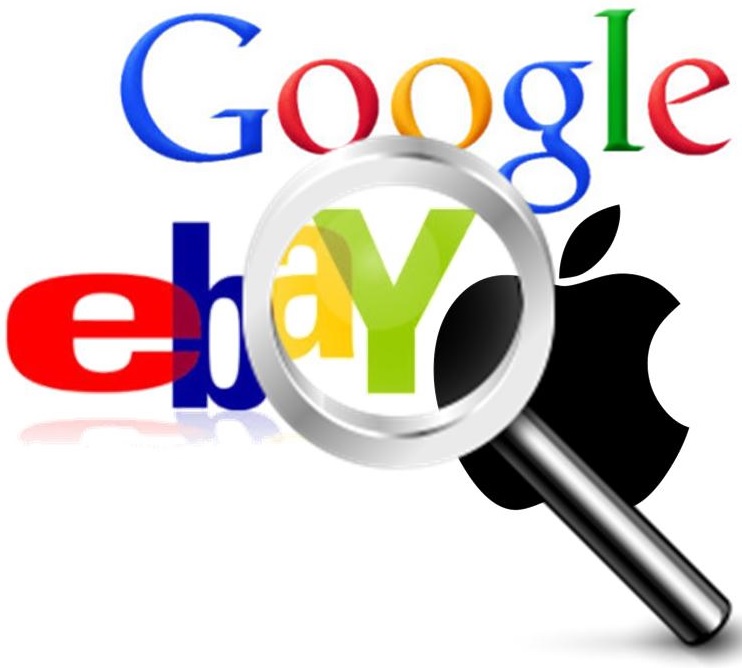A recent survey revealed these mobile commerce features are sought after by consumers.
Zebra Technologies held a global survey revealing location based services are sought-after by consumers. The number of shoppers interested in using geolocation technologies while in-store is rising quickly.
Among the geolocation features most sought by consumers are digital shopping maps and mobile coupons.
Fifty one percent of shoppers are interested in mobile coupons sent through location based services, said the survey. These consumers want discount opportunities provided in-store by way of mobile devices. Another 49 percent said they are interested in receiving email receipts instead of or in addition to paper copies. Moreover, 45 percent said they are interested in digital shopping maps provided in-store on their phones.
The research examined global digital shopping habits including interest in location based services.
 Zebra Technologies published their findings in their annual Global Shopper Study. Also reported in the study were additional mobile commerce trends. Among them was that 76 percent of shoppers enjoy the in-store shopping experience. Furthermore, 50 percent of consumers think online and mobile technology solutions improve their experiences. They feel the retail experience is enabled and enhanced with this tech.
Zebra Technologies published their findings in their annual Global Shopper Study. Also reported in the study were additional mobile commerce trends. Among them was that 76 percent of shoppers enjoy the in-store shopping experience. Furthermore, 50 percent of consumers think online and mobile technology solutions improve their experiences. They feel the retail experience is enabled and enhanced with this tech.
Over half – 52 percent – of shoppers say they have showroomed. Showrooming is the practice of looking at an item in store before purchasing it online at a better price. In addition, slightly more than one third – 33 percent – of shoppers said they most enjoy the chance to shop online and pick up their purchases in-store. This indicates that many people want to shop on their devices and obtain their items at the retail store.
Among the leading barriers to mobile commerce and location based services is a lack of trust in security. Large data breaches in the news headlines have made consumers wary of online and mobile shopping. Only 5 percent of consumers say they fully trust retailers. Still, nearly 80 percent said they would share a certain amount of information with retailers, regardless of less-than-perfect trust. Also, 64 percent of consumers value companies that offer features to customize the way personal information is collected, stored and used.
New data is showing that many of the industry giants are making location based progress.
According to some of the latest information that has been released by ABI Research, a number of industry giants – including Google, Apple, and eBay – are placing their focus on making considerable moves into the realm of geolocation and its many possibilities.
Though this is not necessarily anything new, it is the fact that they are taking it indoors that is drawing attention.
To start, the estimates by ABI Research have suggested that the geolocation indoor market will be worth more than $4 billion by 2018. This was revealed in the quarterly Location Technologies Market Data which is issued by that agency. It provides a measure of the adoption of indoor geolocation technologies, mapping, as well as businesses that are making their way into this particular space.
By the end of next year, the overall market of geolocation technology installations will be greater than 25,000.
 This, according to the ABI Research data that was released in the report. It also pointed out that smartphones that are capable of supporting indoor geolocation technology will have reached the hundreds of millions over the span of the next two years. The result is that virtually every major company will have begun to take considerable steps into this sphere.
This, according to the ABI Research data that was released in the report. It also pointed out that smartphones that are capable of supporting indoor geolocation technology will have reached the hundreds of millions over the span of the next two years. The result is that virtually every major company will have begun to take considerable steps into this sphere.
Patrick Connolly, an ABI Research senior analyst, stated that “Apple’s new A7 co-processor coupled with the acquisition of WifiSLAM highlights indoor as a priority.” He went on to say that “Both Apple and eBay have announced support for dedicated BLE beacons, a technology that is set for a huge 2014 as major IC and device OEMs make it widely available.”
Connolly also explained that Google is maintaining an expansion of geolocation based indoor mapping and that it has been discussing some of its intentions for this technology quite openly at I/O. He also added that it isn’t just the smartphone manufacturers that are involved in this technology, as there have been four large AP providers (Motorola, Cisco, Ruckus, and Aruba) that have acquired business within this space. He noted that it was interesting to find that Nokia had held its own indoor and mapping capabilities, showing that this was being viewed as a region in which considerable future growth was possible.
 Zebra Technologies published their findings in their annual Global Shopper Study. Also reported in the study were additional mobile commerce trends. Among them was that 76 percent of shoppers enjoy the in-store shopping experience. Furthermore, 50 percent of consumers think online and mobile technology solutions improve their experiences. They feel the retail experience is enabled and enhanced with this tech.
Zebra Technologies published their findings in their annual Global Shopper Study. Also reported in the study were additional mobile commerce trends. Among them was that 76 percent of shoppers enjoy the in-store shopping experience. Furthermore, 50 percent of consumers think online and mobile technology solutions improve their experiences. They feel the retail experience is enabled and enhanced with this tech.
 This, according to the ABI Research data that was released in the report. It also pointed out that smartphones that are capable of supporting indoor
This, according to the ABI Research data that was released in the report. It also pointed out that smartphones that are capable of supporting indoor 